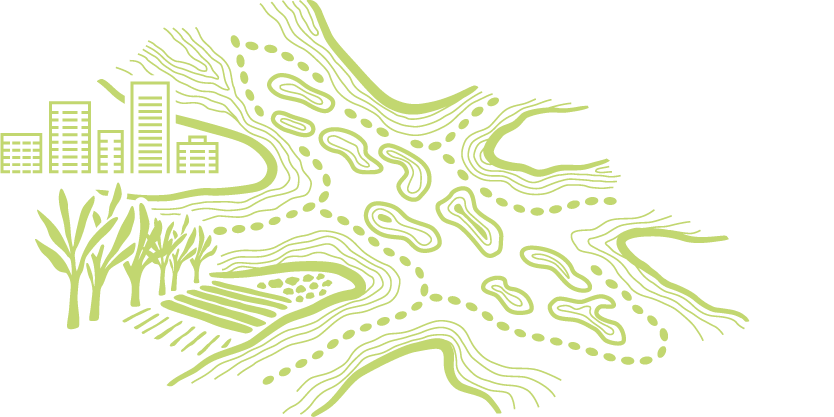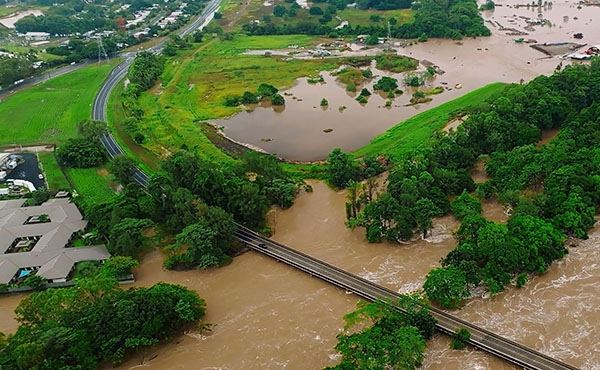Coastal development occurs in areas of the Catchment where most of the population reside. The perception of coastal development as a threat to the Reef by regional communities has decreased over time (Figure 9.1).1075 For both urban and rural communities, coastal development provides broad economic and social benefits via employment, economic activity and housing. More specifically, people derive benefits from the Reef: coastal development increases access to the Reef ecosystems, which can in turn be enjoyed by more people, more frequently and/or more easily. For example, roads reduce travel time and boating facilities increase access points. However, poorly managed coastal development that threatens the health of the ecosystem can reduce the ecosystem services that these regional communities can derive from the Region. In particular, reduced water quality can affect activities such as recreation and tourism (Section 6.5.3). Along with land clearing, reduced water quality can negatively affect critical habitats, such as mangroves, which provide coastal protection to residents of the Region. The effects of climate change (Section 6.3) are likely to amplify the effects of coastal development (urban, industrial and rural) on the Region. The implications of coastal development, therefore, cannot be considered in isolation.
Coastal development provides economic and social benefits to regional communities
References


